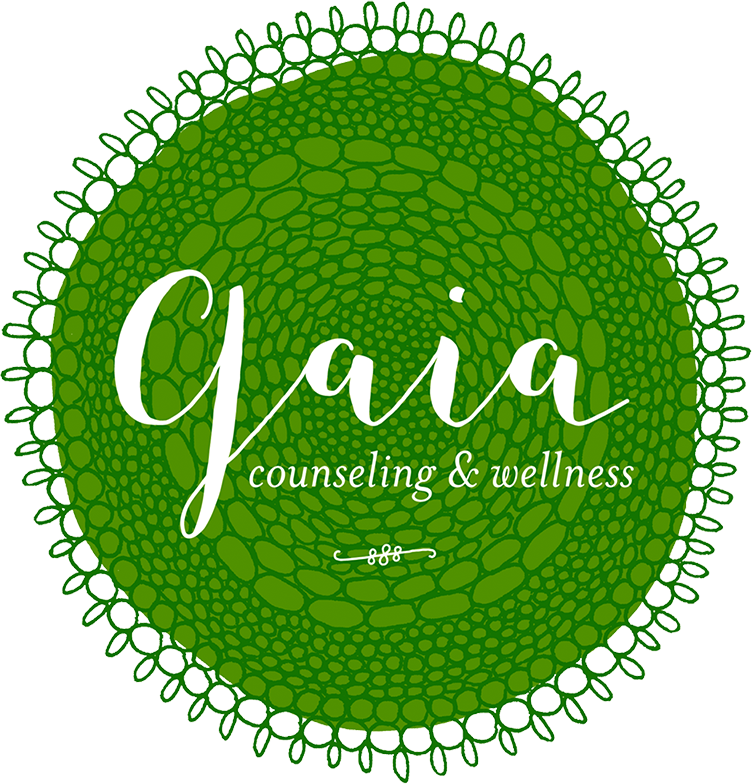Child-Parent Psychotherapy
Child-Parent Psychotherapy (CPP) is a therapy that can be used for caregivers and their children from birth to 5 years old when traumatic or stressful events have impacted the child-parent relationship.
CPP supports and strengthens family relationships, and helps families heal and grow after stressful experiences while respecting the family and their cultural values. Caregivers are the most important people in a child’s life. Caregivers know the child best and are central to their development. When stressful experiences affect the child-caregiver relationship, CPP can restore trust and allow the child to feel safe once again. When difficult things happen, young children need their caregivers to make sense of what they went through, help them know what they can expect in the future, and help them learn to cope with challenging emotions.
CPP can be helpful when children have been through scary or painful events such as:
● Loss of a loved one
● Separation from a caregiver
● Serious medical procedures
● Abuse or violence at home or in the community
● A change in caregivers or homes
● Physical or mental health difficulties of a family member
Additionally, CPP can be utilized, under any circumstances, as a way to strengthen your relationship with your child. It can help build a better understanding of your child’s relational needs and develop more compassion towards yourself and your child.
What can you expect when receiving CPP?
There are three stages that occur over at least 16 weeks. In the first stage, the therapist meets with the caregivers alone to better understand the family’s needs and challenges, strengths and values, and history and experiences. The therapist and family will collaboratively make a plan for how CPP can be the most helpful.
In the second stage, the therapist will first help the child understand who they are, why they are meeting, and what they will do together if the child is old enough. Toys are often used because young children show their feelings and thoughts through play. The therapist begins to help parents and children to understand each other, talk and play about difficult experiences, respond to difficult feelings and behaviors, and create a family story that leads to healing. If the child is very little, therapists help caregivers understand how the traumatic event they’ve been through may affect the child’s development and relationships, as well as ways to help the child feel safe and strengthen the child-caregiver relationship to help the child heal.
In the third stage, the process is wrapped up by celebrating the changes families have made, talking about how caregivers can make changes happen, considering how endings and goodbyes may bring up different feelings, and talking about what will be needed in the future.

